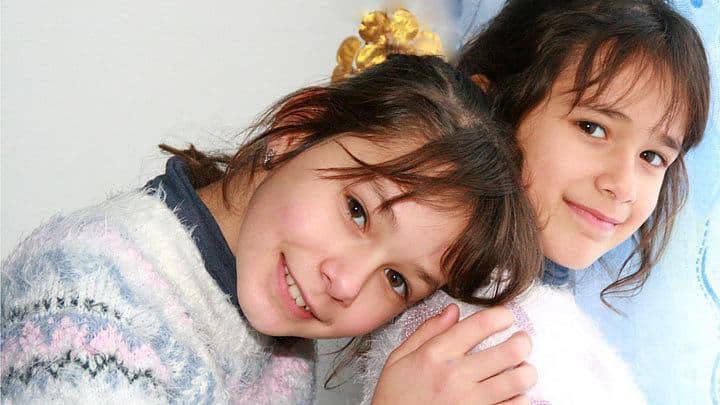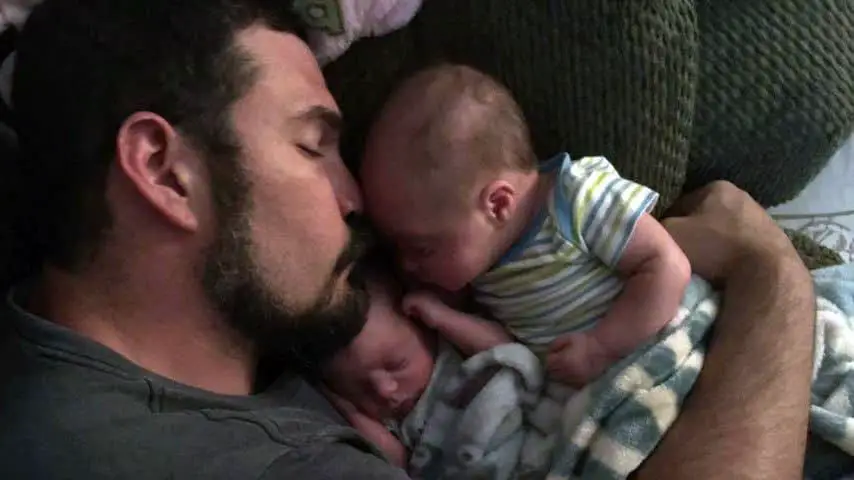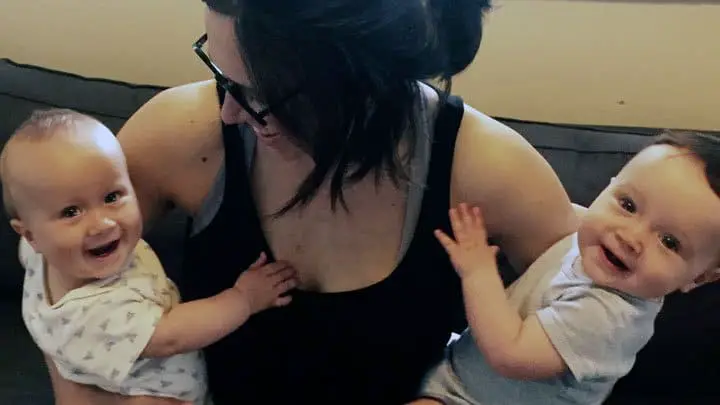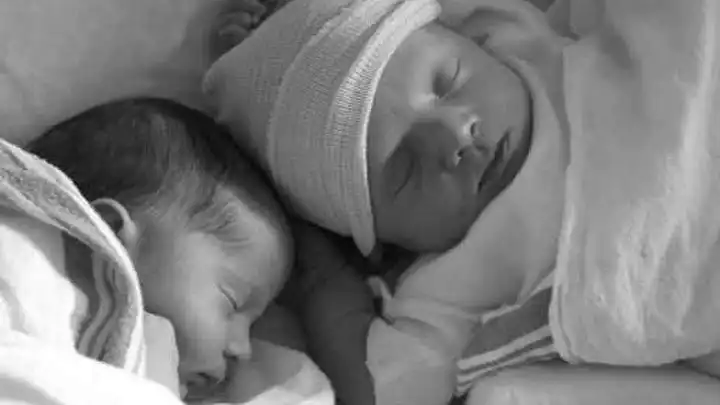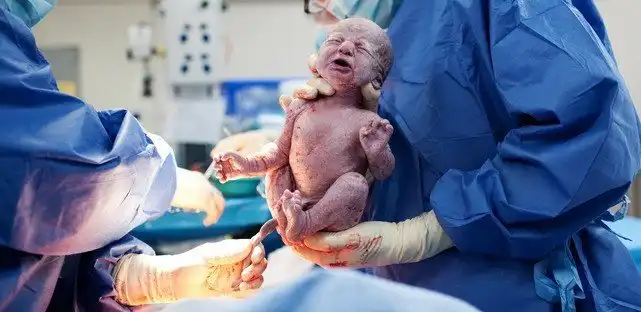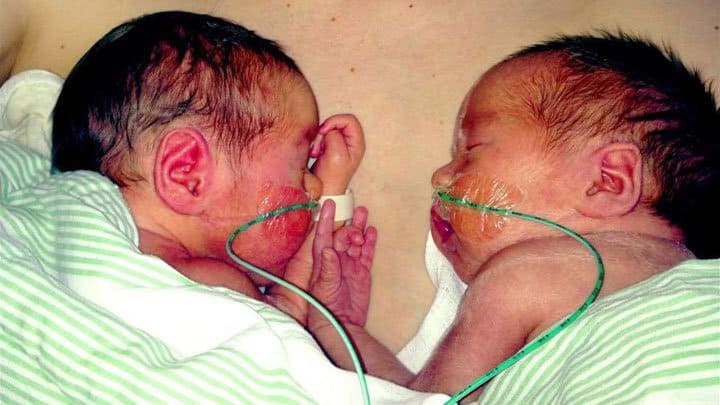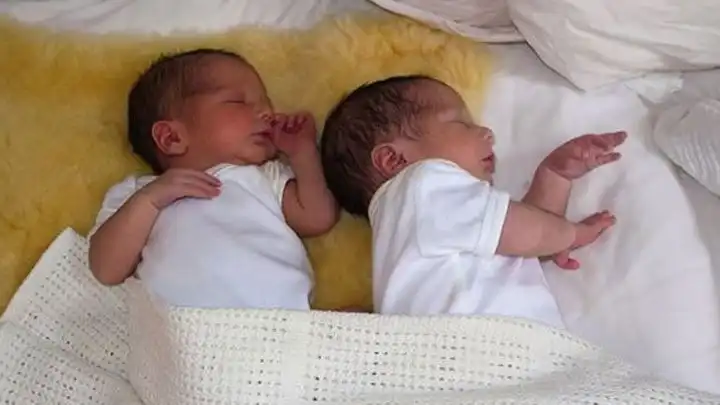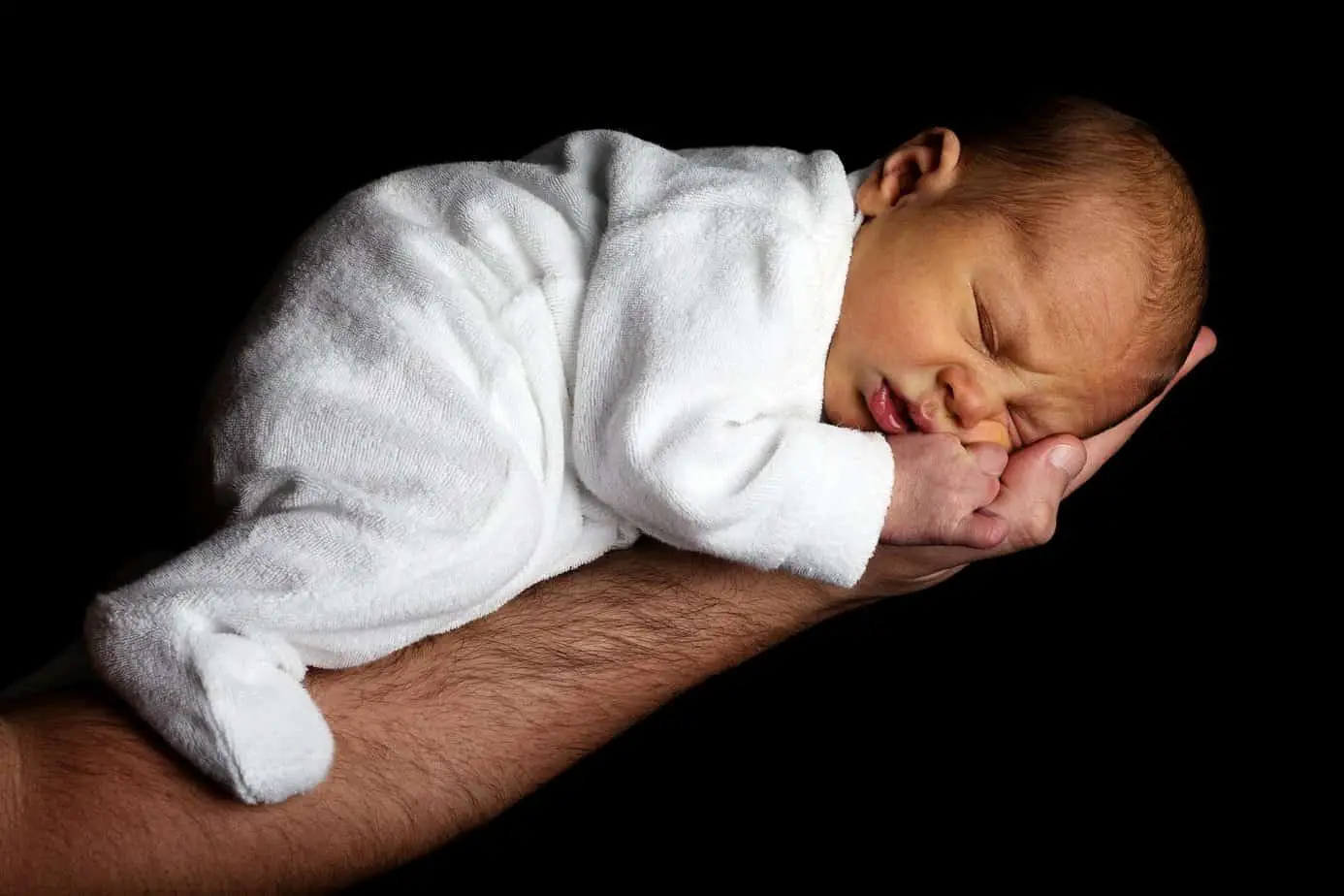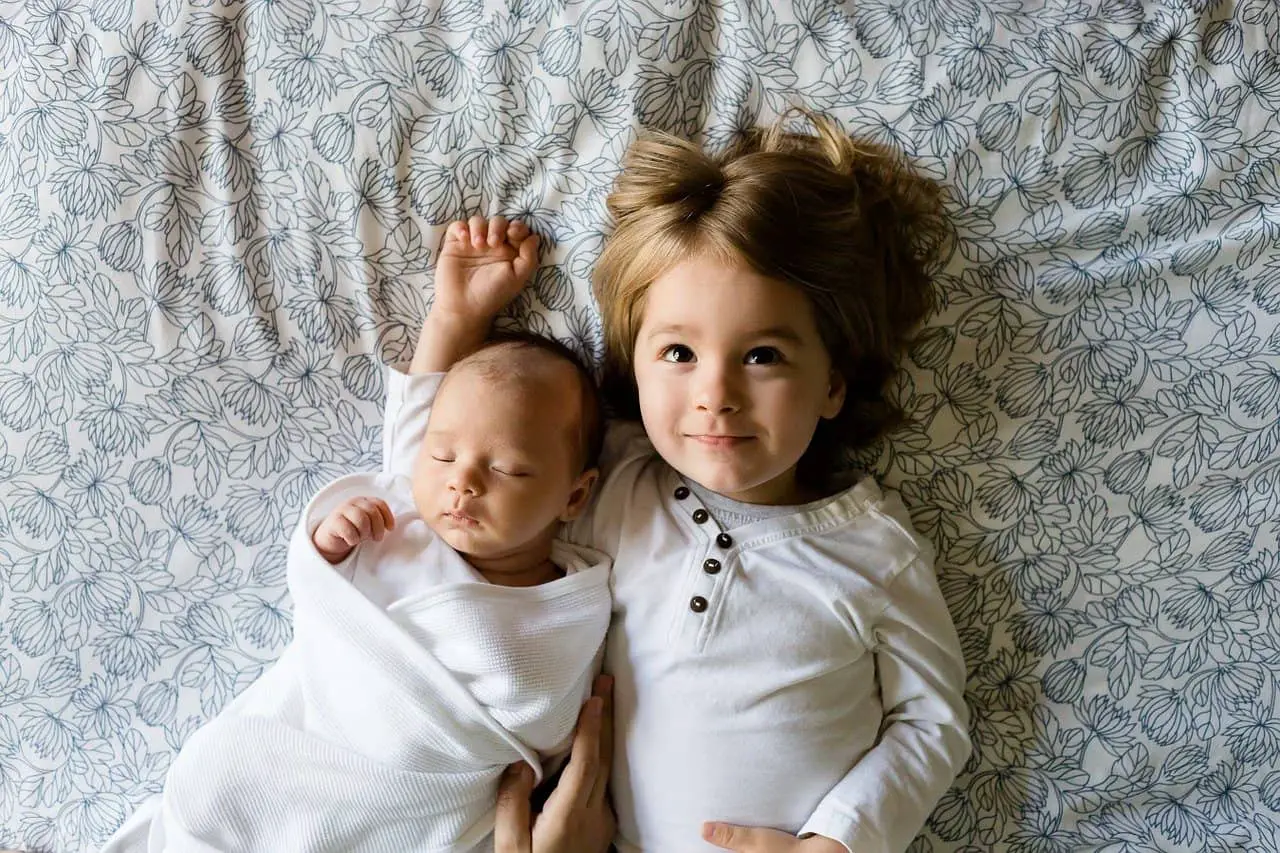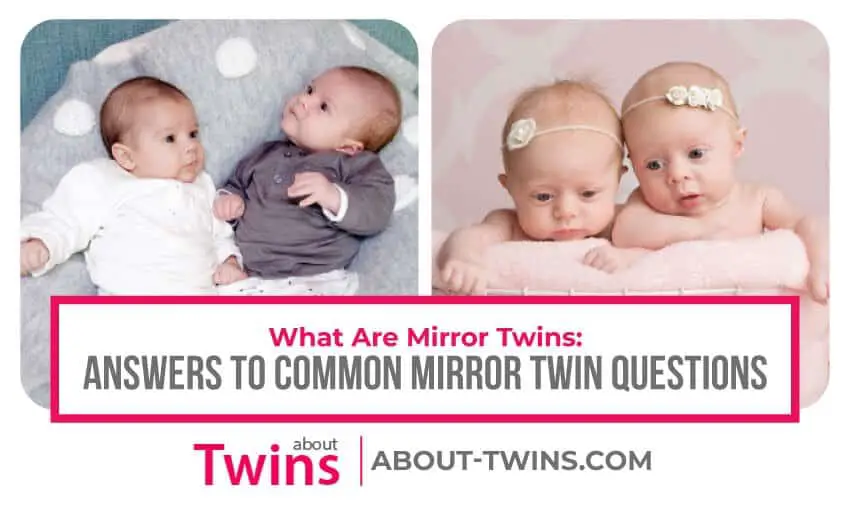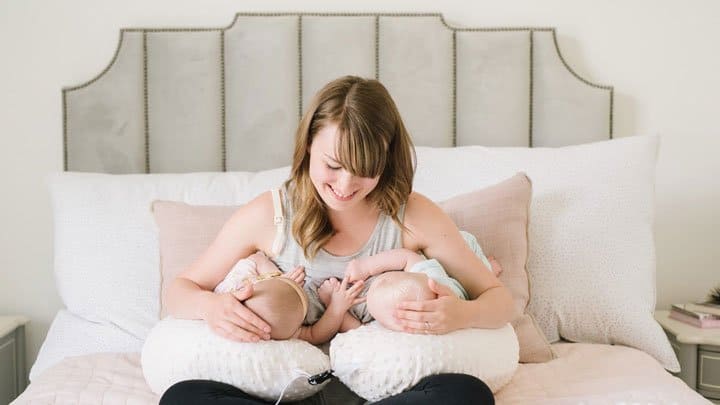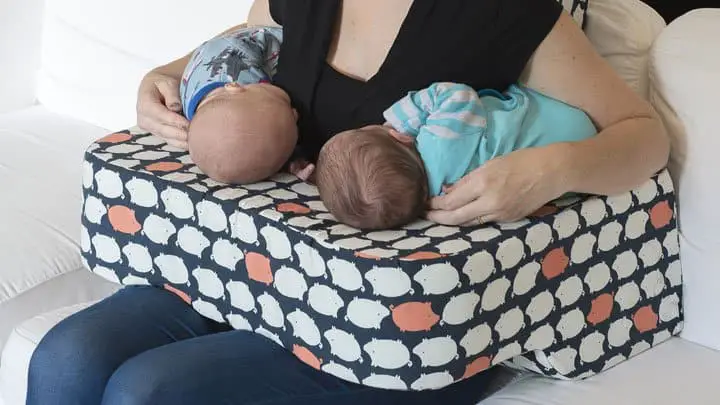Postpartum Depression With Twins & Complicated Pregnancies
An Austrian study explores how twin moms perceive their life quality, mental health and the risk of experiencing postpartum depression with twins. The results were published in Fetal Diagnosis and Therapy. The researchers wanted to find out how women with monochorionic pregnancies, who had intrauterine interventions, were doing. Intrauterine interventions is reaching inside the uterus to help one or more babies who have a problem. Monochorionic twin pregnancies are pregnancies in which the babies are dependent on a single, shared placenta. In dichorionic twin pregnancies each twin has their own placenta.
Dichorionic twin moms had more depressive symptoms
Women, who had at least one baby born alive following intrauterine intervention during 2011 and 2015, were included in the study. They were compared to women who had uncomplicated monochorionic and dichorionic pregnancies. The researchers found that there were no differences in how the complicated monochorionic pregnancy group perceived their mental health compared to women with uncomplicated monochorionic or dichorionic pregnancies. Women with uncomplicated dichorionic pregnancies actually had more depressive symptoms compared to the women who had an intrauterine intervention.
Postpartum depression with twins is a risk
The twin moms in the study scored significantly lower on quality of life than singleton moms. The study concluded that postpartum depression with twins is a risk factor at least in the first four years after birth. About 11 percent of all the twin moms experienced moderate (6.2%) or moderately severe (4.6%) depression.
- It’s important that you consult your GP, midwife or health visitor if you suspect that you might have a postpartum depression.
- Please e-mail us or leave a reply to this article if you’ve had a postpartum depression with twins and is interested in sharing your journey.

